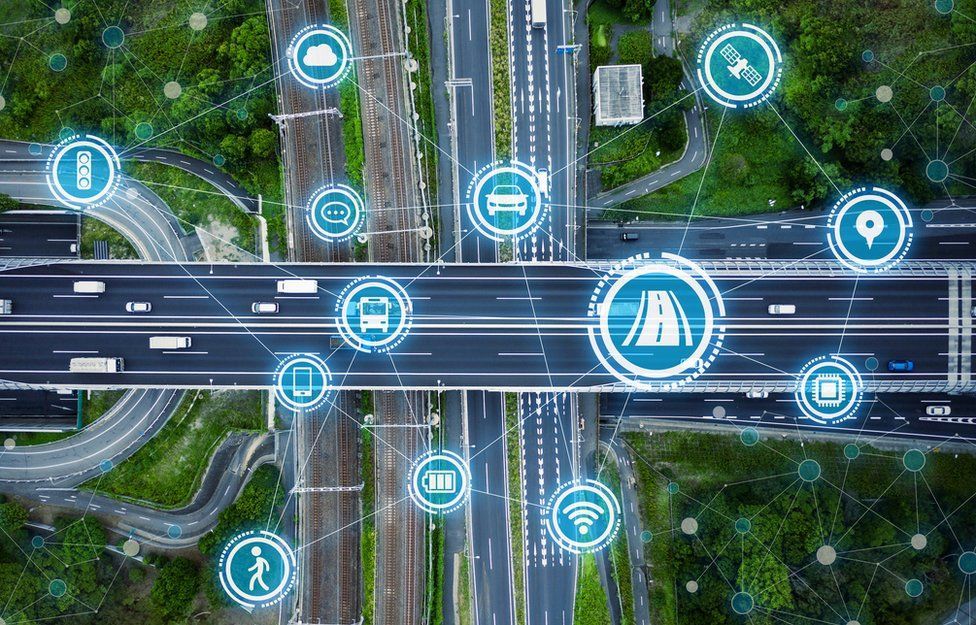What if the Global Positioning System, GPS, stop working?
First of all, we have to think again, moving from one place to another. We have to look at the world around us and maybe this is a good thing because when using the GPS with our eyes closed, we take off in the mountains and rivers, it may become less likely.
For example, a Swedish couple mistyped the spelling in GPS of an island called Capri Island, Italy, and after traveling hundreds of miles, arrived in Carpi, another Italian town, and asked people where is the sea?
But it happens rarely.
Because the devices in which we use GPS keep us safe from losing direction.

If GPS fails, there will be traffic jams on the roads, people will slow down the speed of vehicles to read the route boards, read route guides and if you are traveling by train the there will be no boards telling when the next train will arrive.
When you call for a taxi, you will be talking to a confused operator who will be in touch with them to locate the drivers. Whereas with GPS you just open the Uber app on your mobile and you will have a picture of where the taxi is.
Without GPS, emergency services will be greatly affected. Operators will not be able to detect callers with phone signals as well as the location of police cars and ambulances.
The ports will also be in chaos, as cranes need GPS to remove the containers from the ship.
According to a UK report, the closure of GPS for just five days will result in a loss of one billion dollars every day in various sectors, including farming, construction and fishing. And if it stays off for longer, worry about other systems will start.
If GPS was only routing system, this probably wouldn’t have happened. The GPS consists of twenty-four satellites with precisely integrated clocks installed.
When your smartphone uses GPS to detect you on the map, it detects signals from some of those satellites and then calculates based on the time and signal that Where was the satellite. If the clock mounted on these satellites also misses thousands of seconds, you’ll find yourself two to three hundred kilometers away from where you are. So if you want the right information about time then the answer is GPS. Think about your phone. Your calls share communication resources with other calls, and this technique is called multiplexing.
Thousands of seconds of minutes of error will cause numerous problems. For example, bank payments, stock markets, power plants, digital television, computing all agree on a different location but at the same time. If GPS stops working, then we, the alternative human system, will be able to run all these things simultaneously and successfully up to which extent. Looks like no one has the answer. Now GPS pricing is almost impossible. Author Greg Milner says how GPS is changing our world, you can imagine how important oxygen is to human breathing.
The first GPS satellite was launched in 1978, but this technology was helpful to the Allied forces in Kuwait in the Gulf War when Operation Desert Storm, a coalition force, began to appear truly stormy and five meters away from the sandstorm. Things stopped appearing, with GPS help US troops locate the mines.
In fact, GPS is not the only satellite navigation system in the world. Russia’s satellite navigation system is named Gunas, which is not very good, while China and Europe have their own system, named Baidu and Galileo, respectively. Meanwhile, Japan and India are also trying to build their own navigation system. These alternative satellites can help solve our GPS-related problems, but they can also be used to target our targets in future wars. There are ground alternatives to satellite navigation, the most important of which is the name Elorn but it does not cover the whole world. Some countries are trying to build their own national navigation system.
The best thing about Elorn is that its signals are very powerful because the GPS signals travel 12 thousand miles and get weak when they reach Earth.